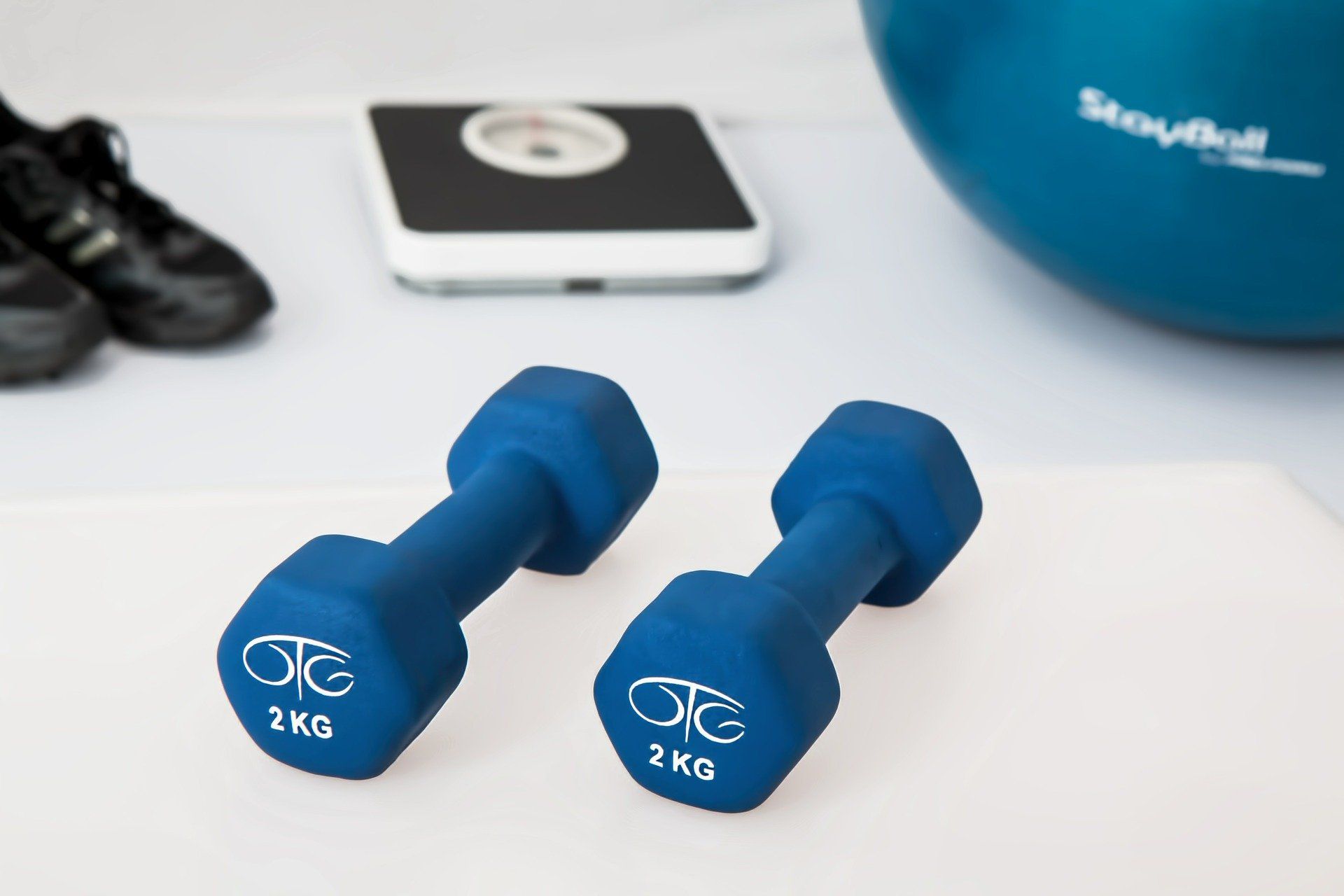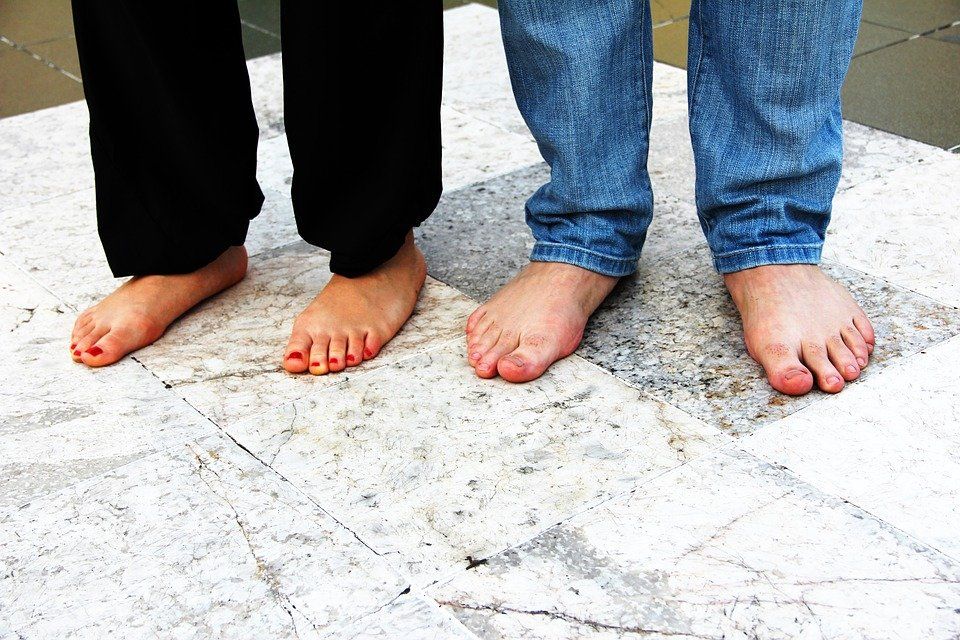What does a dietitian have to say about the keto diet?
May 27, 2021
What does a dietitian have to say about the keto diet?

I am sure you have heard or read about the keto diet (aka the ketogenic diet) as it is everywhere! There are claims floating around that it is the secret to achieve your weight loss goals and increases your mental sharpness. Is this actually true? To some degree. However, this diet comes with a lot more pros than cons, and even then the pros aren’t that pro themselves.
What is the keto diet and where did it come from?
The main goal of this diet is to get your body to use fat as fuel instead of carbohydrates through carbohydrate restriction. You’re probably thinking that “restriction” is an extreme choice of word but when the suggested carbohydrate intake per day is 20g compared with the usual average 200-300g per day then restriction is a fairly accurate term!
The protein content also is fairly low (approximately 20% total energy intake) with an incredibly high fat intake (approximately 75% total energy intake), where most keto enthusiasts encourage fats from animal or coconut sources which are higher in the less healthy fat for cholesterol and heart health – saturated fat.
Originally this diet was developed to be used as a therapeutic diet to help children with epilepsy who were non-responsive to anti-seizure medications. They believed that by induing ketosis (where the body uses ketones made from fats), the brain would have decreased activity and therefore reduce seizures. This diet is still used today and does help some children with epilepsy, but these patients are closely monitored by expert dietitians. Now the keto diet is used by the average person with the intent of extreme weight loss.
Is there anything good about the keto diet?
In short – no. People will report a quick and high amount of weight loss, especially initially, but this is purely because our muscles store carbohydrates which is called glycogen. This is our muscles “battery” that consists of carbohydrates which attracts water, hence can increase our weight which is normal. The high initial weight loss is purely the battery running dry and the water weight lost as a result. This is where people can report difficult keeping up with exercise and daily tasks, such as cleaning – your muscle’s primary energy source is empty.
Mental sharpness? More than likely a placebo effect as people find they are highly motivated and feel positive about focusing on their health goals. It is carbohydrates that our brain loves to use as energy, and it needs a consistent amount throughout the day to help sustain energy levels.
Then tell me why I should not attempt the keto diet?
Only short-term studies have been held on this diet, so we don’t know exact long term affects for individuals in regard to their weight or overall health status. What we do know, is diets (by this we mean a diet that is restrictive) fail 95% of the time and keto is still a diet. It is not sustainable long term and once people reach their weight goal and reintroduce carbohydrates, they gain the weight back and often can gain more than what they were initially, causing the yo-yo dieting cycle.
The keto diet also misses out on many important nutrients and is high in a nutrient that is not so good for overall health:
- Low in fibre, which is found in grains, fruit and vegetables, is good for our gut health and prevents constipation
- Low in calcium, which is found in dairy, some dairy alternatives and dark green leafy vegetables, is necessary for bone health, and heart and brain function
- High in saturated fats, which is found in animal and coconut products and these have been shown to increase our “bad cholesterol”, called LDL, and decrease our “good cholesterol”, called HDL
Another factor that most people tend to look over is the applicability of his diet in the real world. Everyone enjoys eating out with family and friends. By following a strict keto diet, this would limit your ability to do so comfortably and do the most important thing – live your best life.
I really want to lose weight, I have tried everything else, and keto was my last option, I am getting really frustrated and am willing to try anything!
If you are struggling with weight and it is impacting your life, such as reduced mobility or a general sense of feeling uncomfortable, please consult your GP and an Accredited Practising Dietitian. There are many factors that impact our weight that go beyond food, such as exercise levels, thyroid hormones, eating behaviours, stress, PCOS and more. Weight is also not the one sign of being “healthy” and an Accredited Practising Dietitian can help guide you.
Both our dietitians here at Better Movement Clinic can help you with your health goals and answer any further questions you have about the keto diet.
Article written by Hannah Rogers Accredited Practising Dietitian.

Managing your diabetes is certainly an important aspect of maintaining your health and quality of life, but your goals and interests are very important too. Exercise Physiologists are specially trained in prescribing exercise to achieve your goals and manage your health while considering all aspects of your life, come and visit one of our Exercise Physiologists to discuss the best exercise for you, your life, your goals, and your diabetes. What is Type 2 Diabetes? Type 2 Diabetes is the result of increased insulin resistance and beta-cell impairment. Your pancreas has cells, named beta-cells, that produce insulin which helps your body use and store glucose, the sugar your body gains from the carbohydrates you eat. When you eat carbohydrates, your pancreas makes and releases insulin, which helps your body use and store the glucose (usually known as ‘sugars’) that are contained in carbohydrate foods. This insulin helps your body use the glucose as energy for your brain and muscles, or store the glucose in your muscles and liver to be used later. Without insulin the glucose stays stuck in your blood, which raises blood glucose levels and reduces the amount of glucose your brain and muscles have available to use as energy. In Type 2 diabetes, two areas of this process are impacted. 1. Beta-cell death: The cells in your pancreas that make insulin are overworked and some cells can die. Usually due to years of working too hard to create enough insulin to keep up with high carbohydrate and sugar intake and/or because they were a bit weaker to begin with and became more easily overworked than usual (due to family history and genetics). 2. Insulin resistance: Your body needs more insulin than usual to get the glucose out of your blood and into cells where it can be used as energy or stored for later. This puts stress on your body to produce more insulin than it usually would and often leads to further beta-cell death. These two processes cause ongoing problems, because as your insulin resistance gets worse and you need more insulin to do the same job, your cells get more and more overworked trying to keep up with your bodies demand. How does exercise help? As you exercise your heart rate increases and pumps your blood around your body more rapidly, this increase in blood flow helps deliver the glucose in your blood to your muscles, so it is pulled out of your blood more quickly than usual. Within your muscle cells there are transporters that move the glucose from your blood into your muscle cells to be used, some of these cells are powered by insulin, but some of these transports are powered by exercise. So, as you exercise, your cells have access to both the insulin and exercise transporters to get the glucose out of your blood and into your muscles, enabling much more glucose than usual to be moved out of the blood. Once you have moved your body and muscles, your muscles need to replenish their energy supplies again. To do this, a large amount of glucose is taken out of your blood and stored in your muscles, ready for the next time exercise is completed, taking this glucose out of your blood reduces your blood glucose levels. Replenishing the glucose stores in your muscles is also beneficial for preventing weight gain because if more glucose is stored in your muscles, less if left over to be stored as body fat in your adipose tissue. As your exercise more regularly and get fitter your body becomes more efficient at storing glucose and can store much more in your muscles than previously. However, this does not increase forever, and you must continue physical activity regularly to maintain your improved ability. What type of exercise is best? To choose the best exercise for you it is important to consider all the other aspects of your life and health, because you are much more than just your diabetes diagnosis. Exercise should be focused on improving your health and wellbeing, making you feel stronger, increasing your independence and ensuring you can continue to complete all the activities you enjoy throughout your lifespan

In-toeing or pigeon-toed is a very common walking pattern in young children. As they walk their toes turn inwards ‘like a pigeon’. This type of walking is commonly seen in children between the ages of 2 years old and 7 years old. A lot of the time, in-toeing at these ages isn’t cause for concern as it can be a very normal part of your child’s development. However, this isn’t always the case. If your child is in-toeing and you notice the following: Excess tripping and/or clumsiness Fatigues very quickly Wants to be carried all the time Can’t keep up with other children their age Wears through footwear very quickly Is over the age of 7 Is excessively in-toeing and it doesn’t just look quite right We do recommend that you see a health professional. Our podiatrist can assist you with any of the above concerns you may have or if you just want to get a check up on your child’s feet, we are here to help. Contact the Toowoomba clinic today on 4632 7024 or 4662 2855 for our Dalby clinic.


